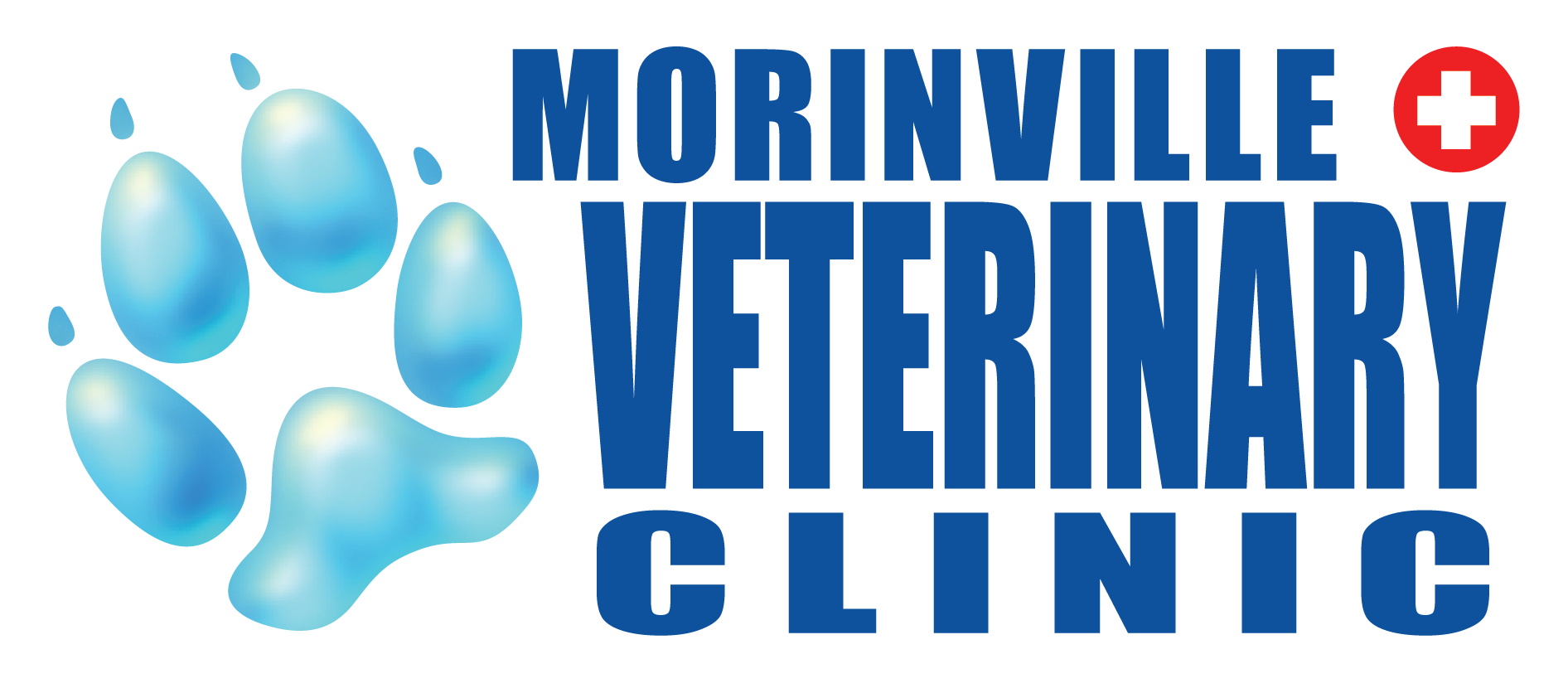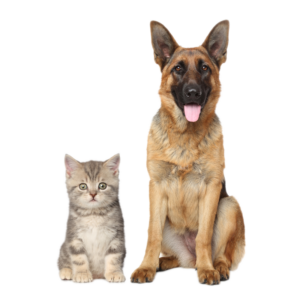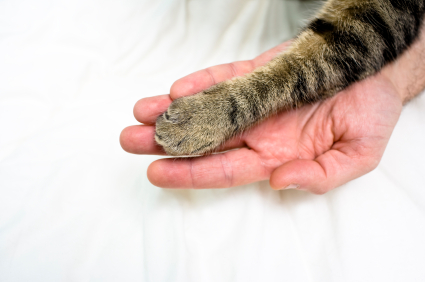The kidney is an incredible organ. Not only does it serve a function that cannot be duplicated by any other organ in the body, it does it so well that a person can donate one of his two kidneys to someone, and both people will be healthy.
What does the kidney do? Why are you able to donate a kidney without becoming ill? Let’s start with what the kidney does. People think of a kidney as a blood filter to clean the blood. In fact it is actually thousands of two-way filters working side by side, all doing the same two jobs. Not only do these filters clean waste products out of the blood, they also filter water back out of the waste and into the blood. This keeps the body from dehydrating. The filters are so efficient that the body has vastly more than would be needed. If two thirds of the filters shut off, the other third could pick up the slack. That is why you can donate a kidney-the remaining one is all your body needs.
All this is the positive news about kidneys: now for the negative. These filters work beautifully, but they will not repair if they break down. Once a filter shuts down, it is shut down for good. When the vets at Morinville Vet Clinic talk about kidney disease and kidney failure, they are talking about these filters. That is what is failing. At first, the remaining filters can compensate for the broken ones. As more filters break, there are fewer left to compensate. At some point, there will be too few left to do the job.
To understand kidney disease, you have to understand what the filters are supposed to do. First, they filter out the nitrogen that builds up in the bloodstream from metabolizing food. Second, they reclaim the water that was used to flush out the nitrogen. The end result is nitrogen concentrated in the urine and water conserved in the blood.
If the filters are not working, the nitrogen products (mostly urea) stay in the blood. High levels of urea are toxic to the body. They make your pet feel as if it has the worst form of flu. They get tired, sore and nauseous. Not conserving water dehydrates the body, making the concentration of urea even higher. The urine becomes very dilute, and the body has to drink more to replace the loss. That is why pets with kidney disease drink a lot and urinate a lot.
If you suspect your pet has kidney disease, it should come to see us at Morinville Vet. Not only are there simple tests to diagnose kidney disease, there are simple ways to manage a pet that has it.




